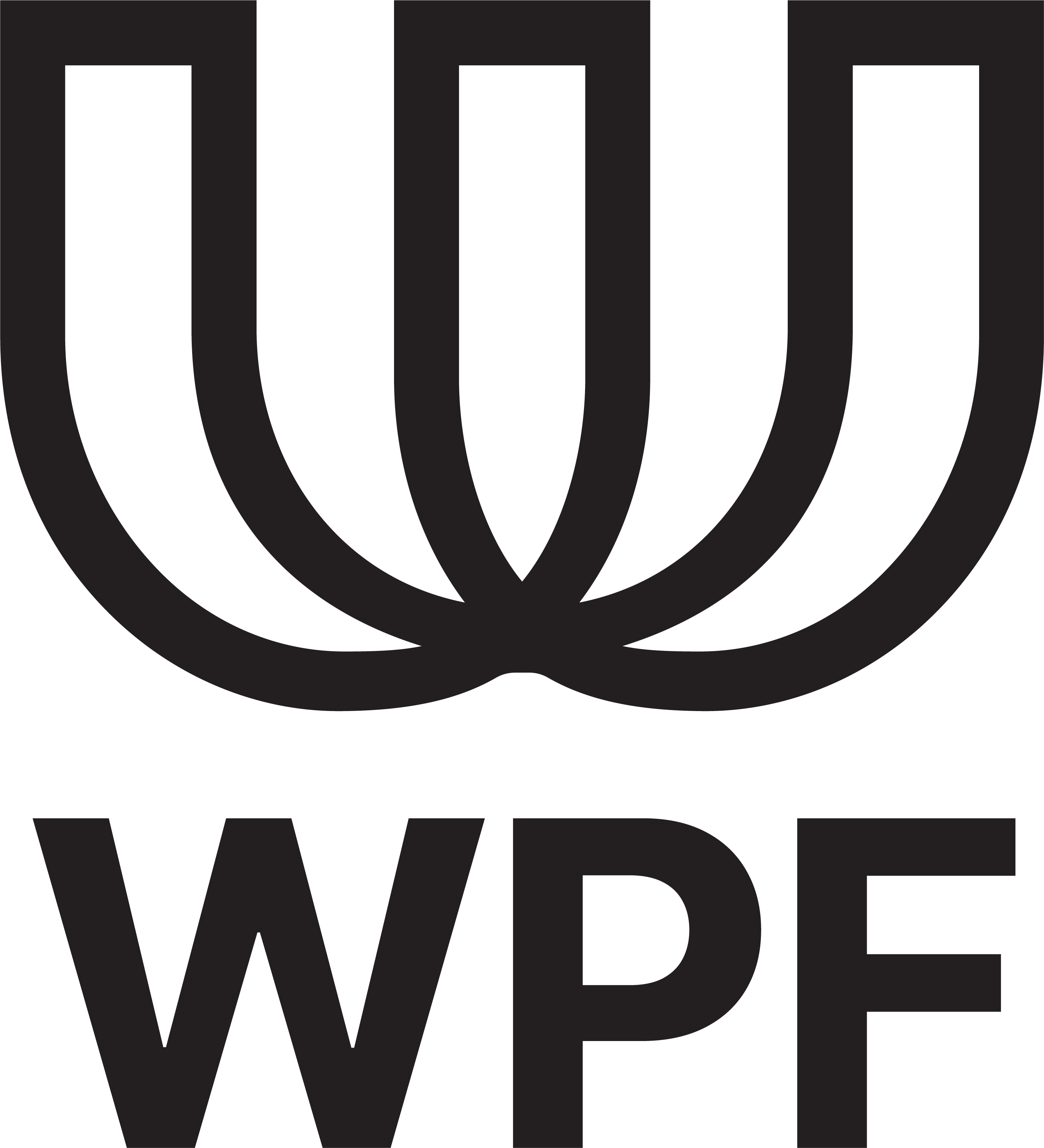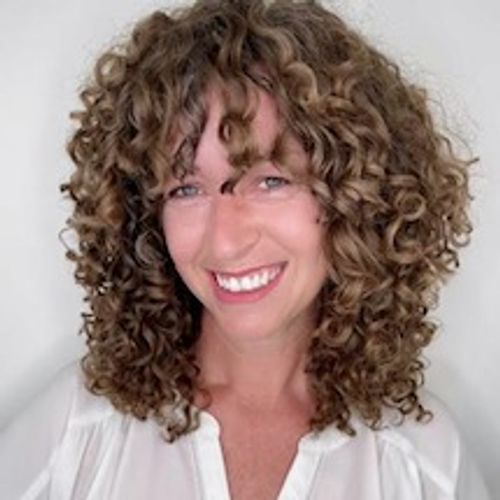Episode 5
Costa Rica: How To Be President If You Don’t Have A Military
What's it like to lead without a military? In this episode, we focus on Costa Rica, and explore what happens when a country abolishes its military, Costa Rica’s approach to domestic security, and the ways that having a military can increase violence and instability in a country…Plus we’ll have our first former president on the show!
Carlos Alvarado Quesada served as President of Costa Rica from 2018 to 2022. While president, he focused on combating climate change, defending human rights, democracy, and multilateralism, which is when countries cooperate to solve problems. Carlos currently teaches graduate courses on leadership at the Fletcher School at Tufts University, where the World Peace Foundation is based. Follow Carlos on Instagram @carlosalvq.
Jorge Vargas is Director of the State of the Nation Program in Costa Rica. As an academic researcher, he focuses on state reform and democracy in Central America. Find out more about Jorge’s work at estadonacion.or.cr.
The Stockholm International Peace Research Institute (SIPRI) study we referenced can be found at www.sipri.org/sites/default/files/2024-04/2404_fs_milex_2023.pdf
Check out “The Arms Trade - Let’s Talk About Big Weapons” and “AI & Autonomous Weapons Today” from Season 1 for more about militarization.
Disrupting Peace is a production of the World Peace Foundation. The show is produced by Bridget Conley and Emily Shaw. Engineering by Jacob Winik and Aja Simpson. Marketing and Social media by Emily Ruhm. Show artwork by Simon Fung.
Special thanks to Jeremy Helton, Lisa Avery, B. Arneson, and Alex de Waal, and the team from the Tufts Digital Design Studio, including Kimberly Lynn Forero-Arnias, and Miles Donovan.
Find out more about the World Peace Foundation at worldpeacefoundation.org. Follow us on Bluesky at worldpeacefdtn.bsky.social, and on Instagram @worldpeacefdtn.


